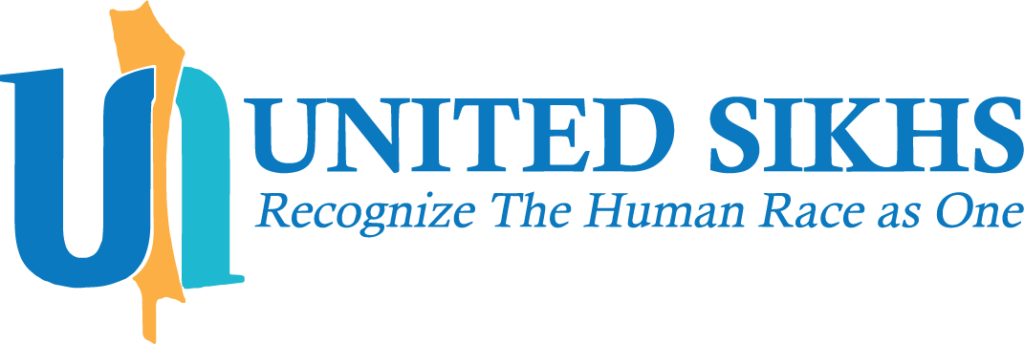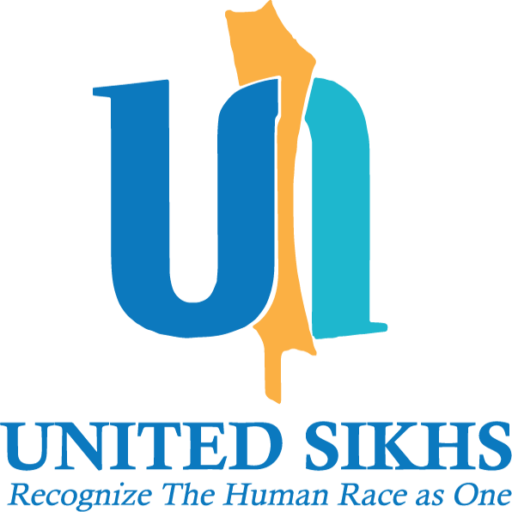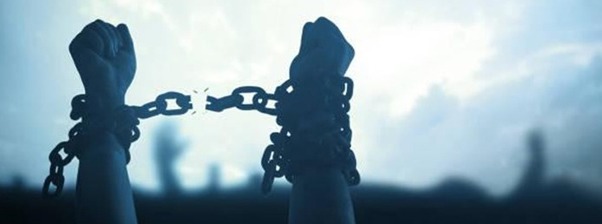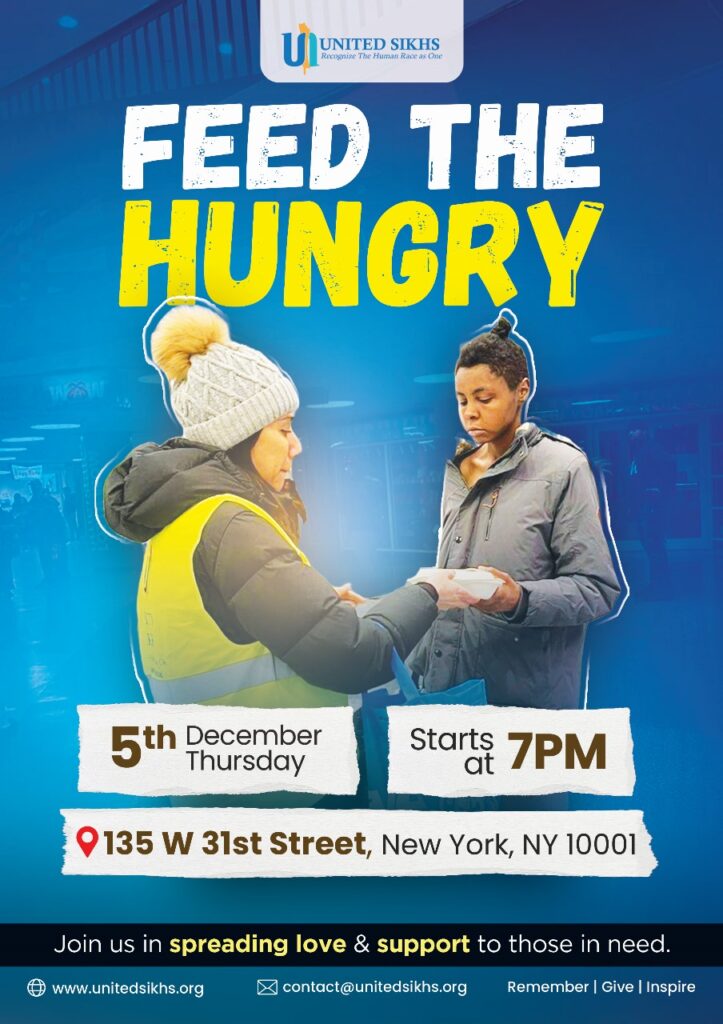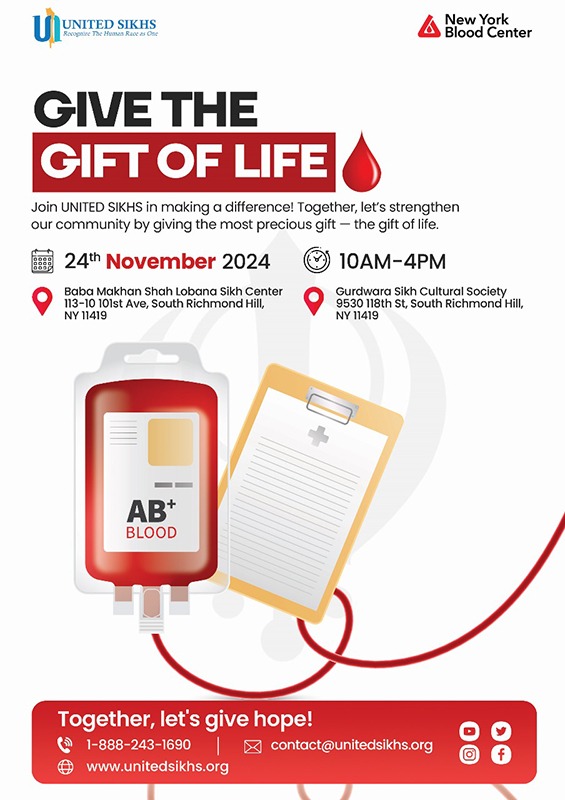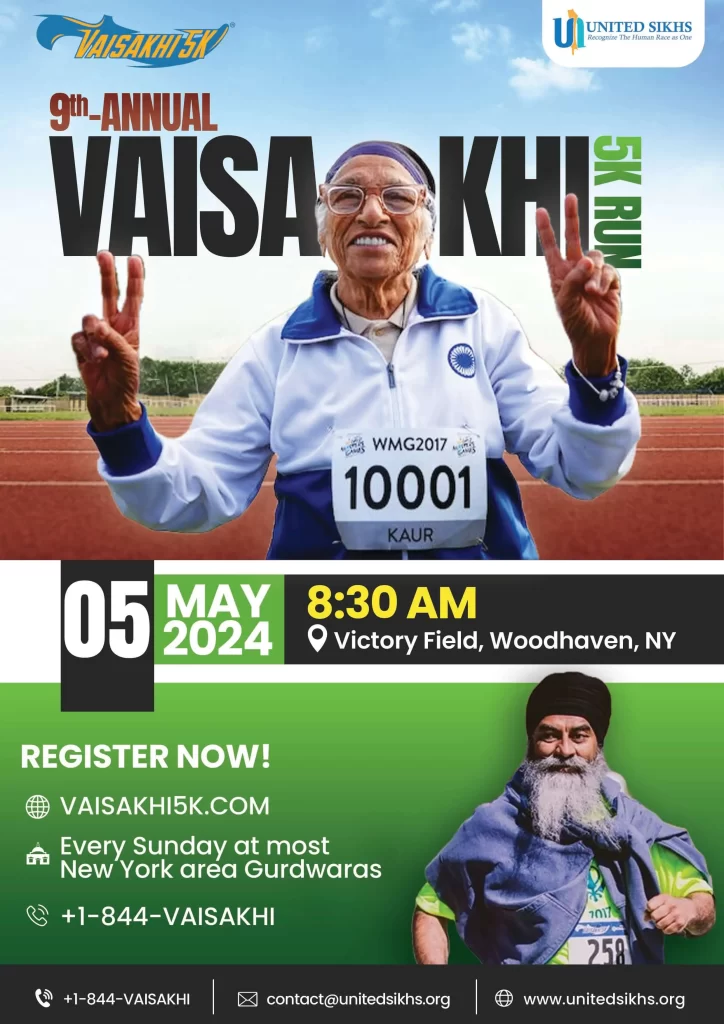The International Day of Slavery is commemorated every 2nd of December. The date reminds us of the immeasurable suffering of millions of African men, women and children under the evil of the transatlantic slave trade.
On another note, nearly all classes of the Sikh social order suffered due to the loss of power in 1849, especially the Sikh British, the Sikh peasantry, and the Sikh soldiery. The Sikhs are considered a minority religion within India and have experienced hardship throughout India’s history. The partition of India in 1947, and the 1984 Sikh genocide are two key events in Sikh history.
In the eighteenth century, , the thirteen North American colonies were not the only overseas possessions of the British. The most famous, arguably, was a land which had long been a centre of colonial efforts in Europe, and which was officially signed over, bit by bit, to England by 1757: British India (including modern day India, Pakistan, Bangladesh and more). When English settlers entered the colonies, many of them brought South Asians along – as indentured labourers, and as slaves.
The Sikhs’ arrival in Canada began with the first wave of immigration in 1904-1908. At this time about 5, 000 East Indians, virtually all of them male Sikhs from the province of Punjab, came to British Columbia to do laboring jobs on railway construction, in the lumber mills and in forestry. Although regarded as unskilled and uneducated, they were favored by employers because they were hardworking and reliable, and because the employers could pay the Sikhs less than White men for the same work. These pioneer Sikhs did not receive a warm welcome from their hosts. They came to a cold and hostile environment, both literally and figuratively. Besides language problems, they faced racial discrimination and segregation.
Oppressed groups and minorities are often granted lesser ink to fill up the pages of history.
While some may believe slavery to be a thing of the past, this evil continues in our modern world.
UNITED SIKHS remains steadfast in our mission to protect and advocate for the rights of minorities worldwide. Our International Civil & Human Rights Advocacy (ICHRA) wing is dedicated to safeguarding civil and human rights against all forms of oppression.. We are engaged in strategic litigation, trial observation, legislative reform, and policy advocacy in order to ensure equality, fairness, and human dignity as rooted in Sikh tradition.
Debt bondage, serfdom and forced labour, trafficking in persons for the purpose of exploitation
— including sexual exploitation, forced marriage, child labour — and the recruitment of children in armed conflict – are contemporary manifestations of slavery. All are crimes and egregious violations of human rights. Modern slavery often hides in plain sight. Involving the use of force, fraud, or coercion to exploit individuals for labor or commercial sex acts, human trafficking victimizes millions worldwide, including within the United States. It transcends boundaries, occurring in various communities and impacting victims of any age, race, gender, or nationality.
Fifty million people were living in modern slavery in 2021, according to the latest Global Estimates of Modern Slavery. Of these people, 28 million were in forced labour and 22 million were trapped in forced marriage.
Modern slavery has risen significantly in the last five years with 10 million more people recorded to be enslaved 2021 compared to 2016 global estimates. Women and children remain disproportionately vulnerable too.
Modern slavery occurs in almost every country in the world, and cuts across ethnic, cultural and religious lines. More than half (52 per cent) of all forced labour and a quarter of all forced marriages can be found in upper-middle income or high-income countries.
Through a range of services, UNITED SIKHS provides initiatives aimed at preventing child sexual exploitation and abuse and supporting survivors in their journey to healing. These efforts include Community Education and Awareness campaign, Legal Assistance via ICHRA, the legal advocacy program of the organization, Counseling and psychological assistance to help survivors heal from trauma and abuse.
Let us act with urgency and compassion, leveraging our collective strengths and shared vision to challenge the systems that perpetuate injustice. By working together, we can restore hope, amplify voices silenced by oppression, and build a future free from slavery—one rooted in equity, justice, and humanity.
